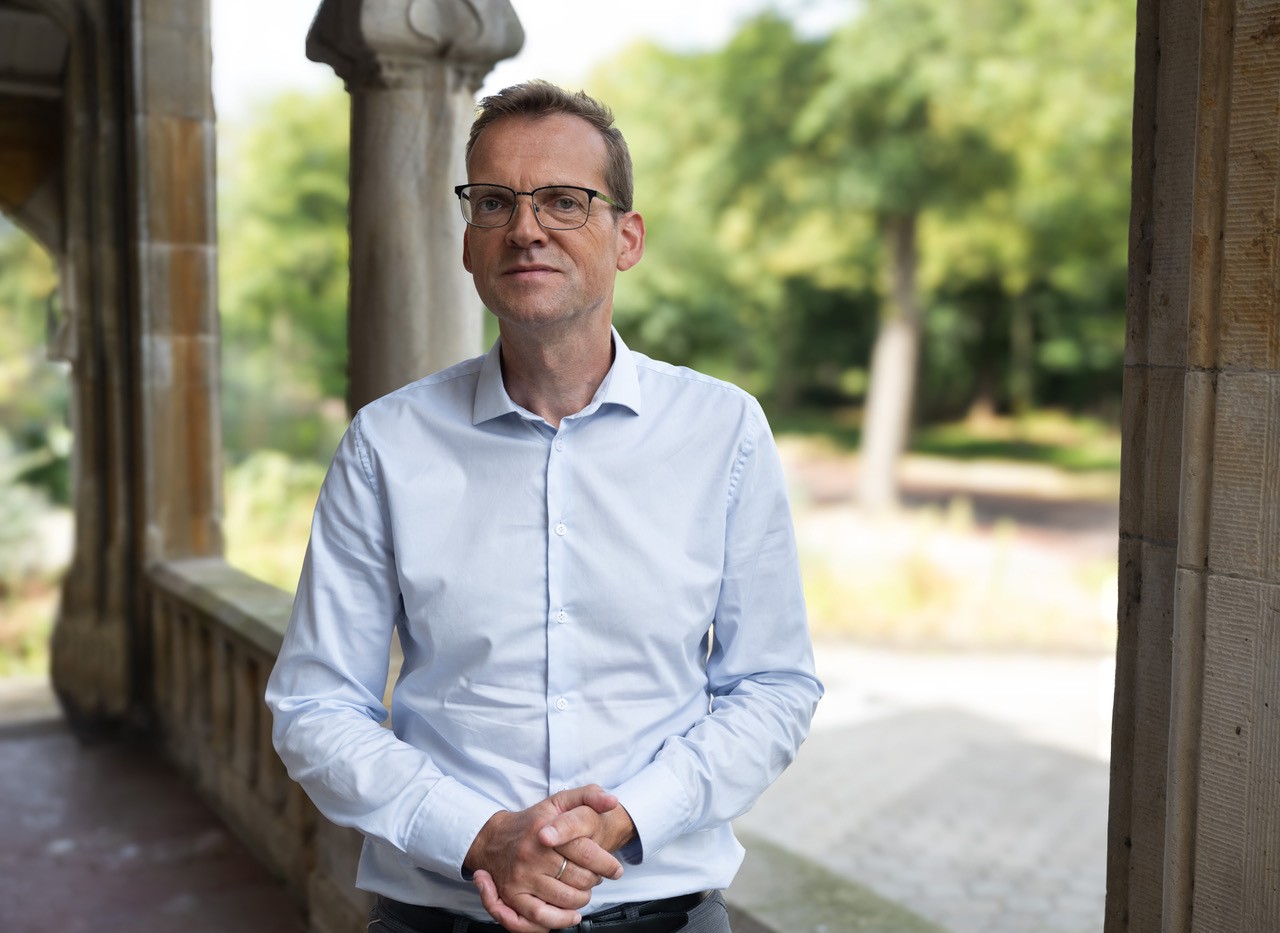Extra savings in a pension scheme: be careful!
Introduction
The pension system in the Netherlands is a multi-pillar system designed to ensure that people have a secure and adequate income in retirement.
It has three main components:
- The first pillar is the AOW (Algemene Ouderdomswet), which provides a basic state pension to all residents over the age of 67 (the age is subject to change due to ongoing reforms).
- The second pillar consists of occupational pensions, which are employer-sponsored plans. These pensions are managed by pension funds, insurance companies and Premium Pension Institutions (PPI) and are based on collective agreements between employers and employees.
- The third pillar consists of individual savings, which include private pension savings and insurance. These are voluntary and provide additional income in retirement.
Defined Contribution (DC) schemes
With regard to the second pillar, many employers in the Netherlands offer DC schemes. After the Dutch pension reform, this will even be the only option. In most DC schemes, it is possible to save extra for your pension. If you die before retirement age, your accumulated pension capital will be returned to your survivors (wife and/or children). This is called ‘restitution’.
After the reform, however, extra saving in your pension scheme might not be a good idea. Why?
What is restitution?
In Dutch pension law, restitution literally means the return of your accrued pension capital to your survivors if you die before reaching retirement age.
There are several variants, but the most common is that 100% of the accrued pension capital is available after death for the (improved) survivor’s pension (in Dutch: ‘nabestaandenpensioen’).
With restitution, this capital is thus used to improve the survivor’s pension, and your partner and children benefit from the pension capital you have personally accumulated. Restitution is popular in DC schemes. However, with the Future Pensions Act (Wet toekomst pensioenen (Wtp)), it seems that restitution has come to an end.
For many participants, this is how they perceive their individual pension pot: it is their own money and, like all other assets, it will be available to their next of kin after their death. This is all the more true if additional voluntary contributions are made.
After the reform
However, the possibility of restitution will disappear. If you die before retirement, your capital goes to the pension administrator, who distributes it to the other pensioners in the portfolio. This means that the ‘extra saving’ option is no longer attractive. What is the point of saving extra if your money is disappearing into other people’s pension pots?
More information
If you have any questions regarding pension after reading this article. Please contact me or one of our other pension lawyers.


